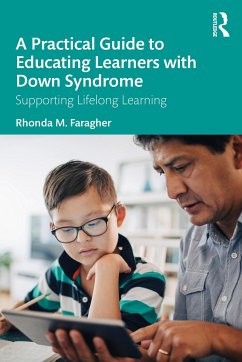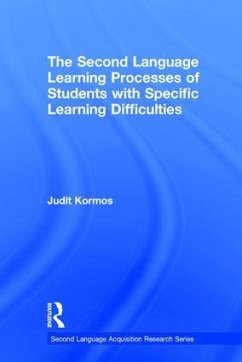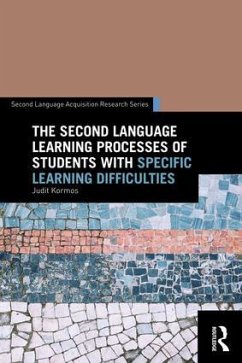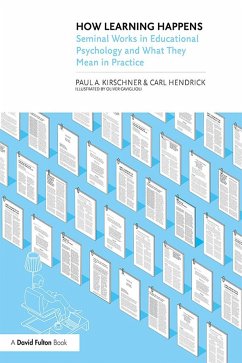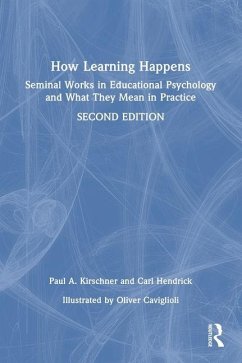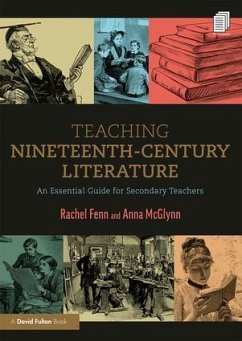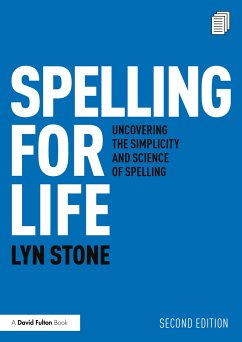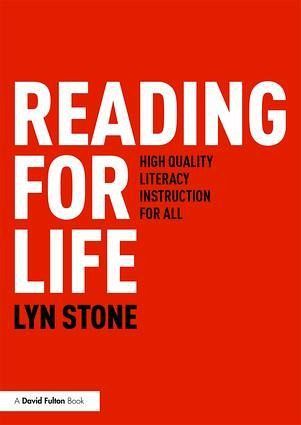
Reading for Life
High Quality Literacy Instruction for All

PAYBACK Punkte
12 °P sammeln!
Why is it that more people can't read and write? Why are there still so many vastly different methods of teaching literacy? Why do people still argue about it?Reading for Life examines these three questions, addressing the less evidence supported ideas about teaching reading and writing which are still alive and well in schools all over the world. This accessible guide bridges the gap between research and practice, translating academic findings into practical suggestions and ready-to-use techniques.Written in an approachable style and with informative graphics, vignettes and interviews woven t...
Why is it that more people can't read and write? Why are there still so many vastly different methods of teaching literacy? Why do people still argue about it?
Reading for Life examines these three questions, addressing the less evidence supported ideas about teaching reading and writing which are still alive and well in schools all over the world. This accessible guide bridges the gap between research and practice, translating academic findings into practical suggestions and ready-to-use techniques.
Written in an approachable style and with informative graphics, vignettes and interviews woven throughout, this book covers:
the components of literacy, including phonics, vocabulary and fluencythe history of approaches to literacy teaching and an overview of the key figuresgovernment-level inquiries into the provision of reading and writing teachingthe mindset which leads to acceptance of poor practicethe essential components of an effective literacy program with practical advice on selecting resources to get the job done well
Reading for Life helps educational practitioners make informed decisions about which teaching methods to reject and select, and empowers parents to ask the right questions of professionals and policy makers. This book is a timely exploration of poor teaching methods and is an innovative, fresh assessment of how high quality literacy teaching can be provided for all.
Reading for Life examines these three questions, addressing the less evidence supported ideas about teaching reading and writing which are still alive and well in schools all over the world. This accessible guide bridges the gap between research and practice, translating academic findings into practical suggestions and ready-to-use techniques.
Written in an approachable style and with informative graphics, vignettes and interviews woven throughout, this book covers:
the components of literacy, including phonics, vocabulary and fluencythe history of approaches to literacy teaching and an overview of the key figuresgovernment-level inquiries into the provision of reading and writing teachingthe mindset which leads to acceptance of poor practicethe essential components of an effective literacy program with practical advice on selecting resources to get the job done well
Reading for Life helps educational practitioners make informed decisions about which teaching methods to reject and select, and empowers parents to ask the right questions of professionals and policy makers. This book is a timely exploration of poor teaching methods and is an innovative, fresh assessment of how high quality literacy teaching can be provided for all.





